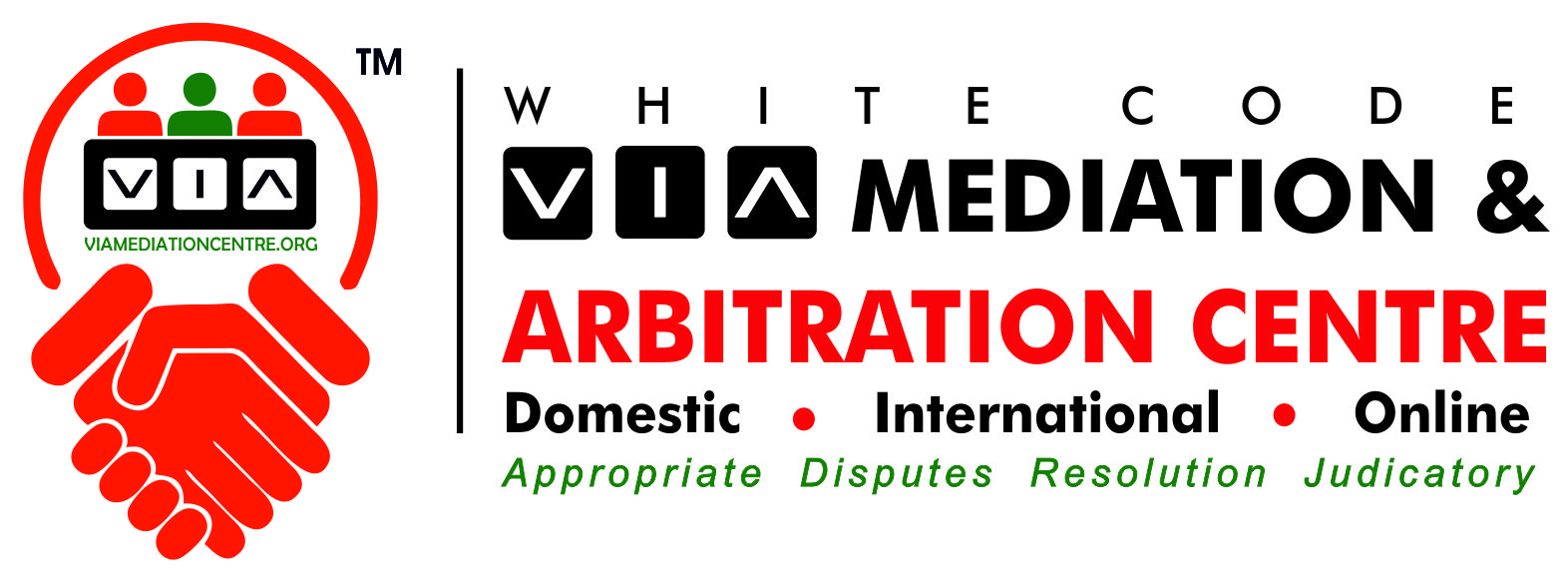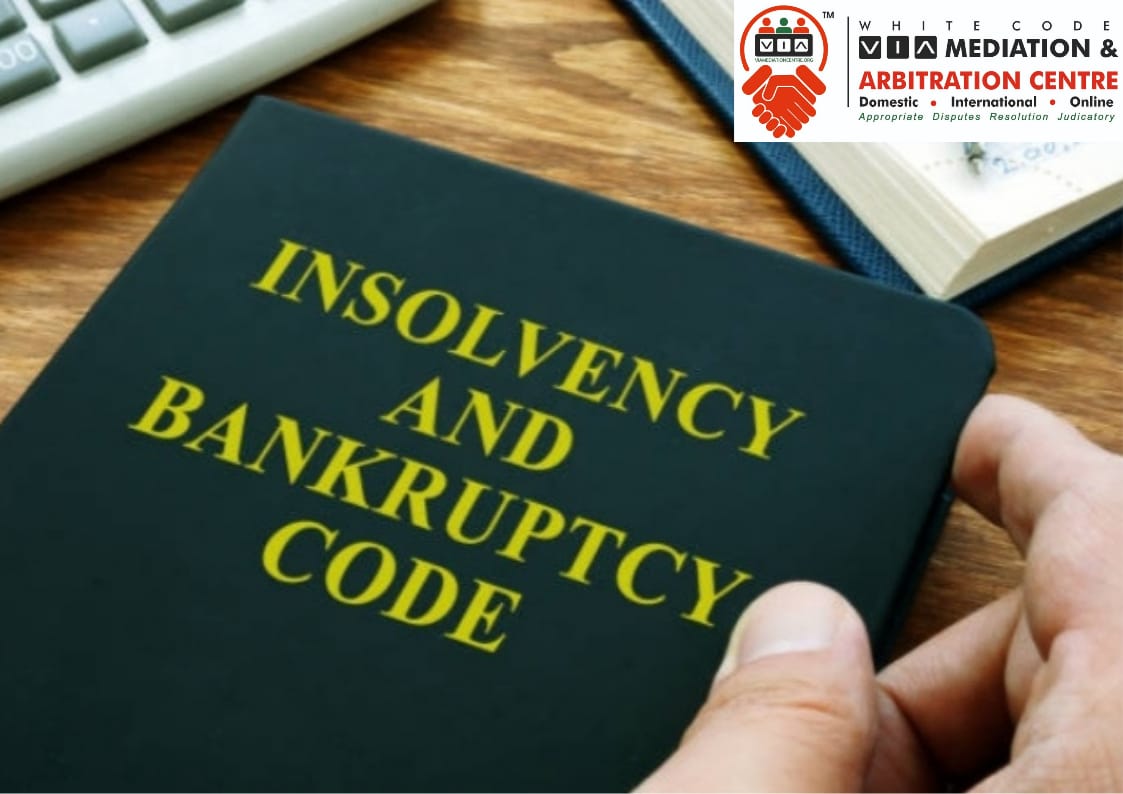Latest News
Conciliation Proceedings Under The Arbitration And Conciliation Act, 1996

Conciliation Proceedings Under The Arbitration And Conciliation Act, 1996
INTRODUCTION
Alternative Dispute Resolution ("ADR") refers to any means of resolving a dispute that is not a courtroom proceeding. Arbitration, Conciliation, Mediation, Negotiation, expert determination, early neutral appraisal by a third party, and other forms of alternative dispute resolution are all forms of ADR. Conciliation is a well-accepted method of ADR in which disputants use the services or seek the assistance of a neutral and impartial third person or institution, known as a conciliator, to help them narrow their differences and reach an amicable settlement or acceptable solution based on compromise rather than an award or decree by force of law.
It is a non-contentious and non-binding method in which a neutral third party - the conciliator - supports the parties in comprehending the benefits and drawbacks of their different perspectives and assisting them in achieving a mutually agreed-upon solution to the conflict. Unlike courts, tribunals, and arbitrators, the conciliator does not make a verdict; instead, his job is to persuade the disputants to reach an agreement.
DISCUSSION OF CONCILIATION PROCEEDINGS
Part 3 of the Arbitration and Conciliation Act, 1996, pertains to provisions concerning Conciliation from section 61 to Section 81. Significant provisions are like the arbitration provision.
The conciliation process begins. After identifying the issue of the disagreement, one party must write to the other and invite the other to participate in the proceedings. It will start after the other side has agreed to conciliate by written acceptance. If the opposing party refuses, there will be no conciliation proceedings. The invitation will be considered declined if the originating party does not get a response within 30 days.
Unless the parties agree to two or three conciliators, the number of conciliators will be one. Intriguingly, parties can choose an even number of conciliators, which is not permitted in arbitration proceedings.
The Conciliator's role is to help the parties obtain an amicable settlement agreement and provide recommendations for dispute resolution. On the conciliator's invitation, each party must submit their proposal for resolving the dispute.
The conclusion of the conciliation proceeding is the Settlement Agreement, acceptable to the parties. The conciliator shall formulate a possible settlement and submit it to the parties for their observation. The Conciliator will make changes based on the parties' observations. Finally, the Conciliator must draught and sign a written agreement that has the same binding effect as an arbitral award issued by an arbitral tribunal according to section 30 of the Arbitration and Conciliation Act. These procedures, including the settlement agreement, are confidential unless disclosure is required for reasons of implementation and enforcement, such as under Section 42A of the Arbitration and Conciliation Act. After consultation with each other, the parties or the conciliator might end the proceedings.
A person appointed as a conciliator cannot function as an arbitrator or counsel for a party in arbitral or judicial proceedings. The parties cannot call him or her a witness in any arbitral or judicial proceedings connected to the disputes. Any evidence submitted, comments made by the parties, or proposals made by the conciliator will not be considered or used in arbitral or judicial procedures.
CONCILIATION PROCEEDINGS ARE NOT MANDATORY
The obligation of mutual dialogue is merely a recommendation, not an obligation. According to Section 77 of the Arbitration and Conciliation Act, the existence of conciliation proceedings would not hinder any of the parties from exercising their rights in line with the law.
In Saraswati Construction Co. v. Cooperative Group Housing Society, 1995 (57) DLT 343: 1994 RLR 458, it was held that conciliation as a pre-condition for invoking arbitration, even if not met, cannot prevent reference to arbitration because the procedure/pre-condition must be viewed as a guideline rather than a mandatory requirement.
This Article Does Not Intend To Hurt The Sentiments Of Any Individual Community, Sect, Or Religion Etcetera. This Article Is Based Purely On The Authors Personal Views And Opinions In The Exercise Of The Fundamental Right Guaranteed Under Article 19(1)(A) And Other Related Laws Being Force In India, For The Time Being. Further, despite all efforts made to ensure the accuracy and correctness of the information published, White Code VIA Mediation and Arbitration Centre shall not be responsible for any errors caused due to human error or otherwise.
- INTRODUCTION
- DISCUSSION OF CONCILIATION PROCEEDINGS
- CONCILIATION PROCEEDINGS ARE NOT MANDATORY































































































































































































































































































































































































































































































































































































































































































































































































































































































































































































































































































































































































































































































































































































































































